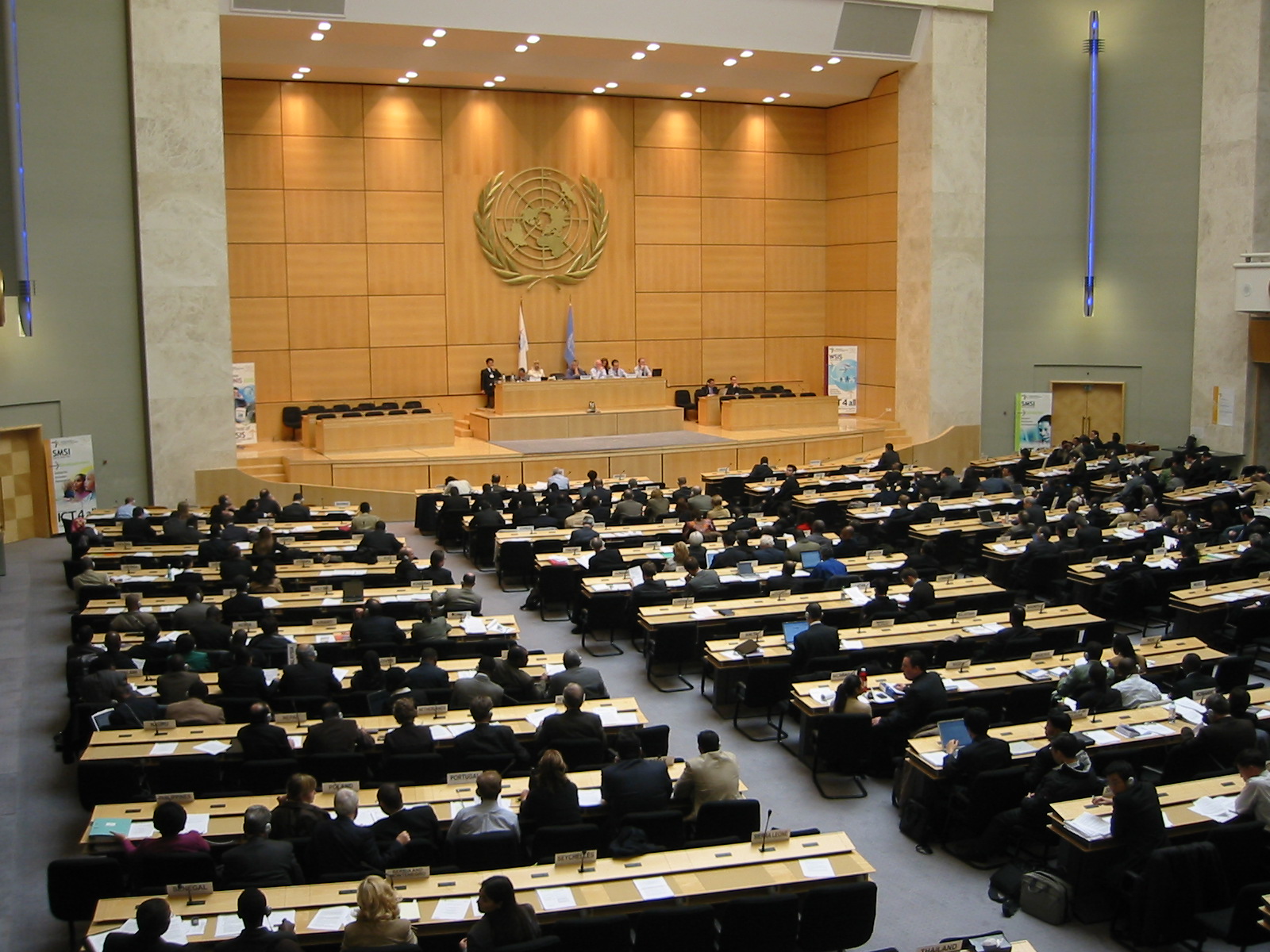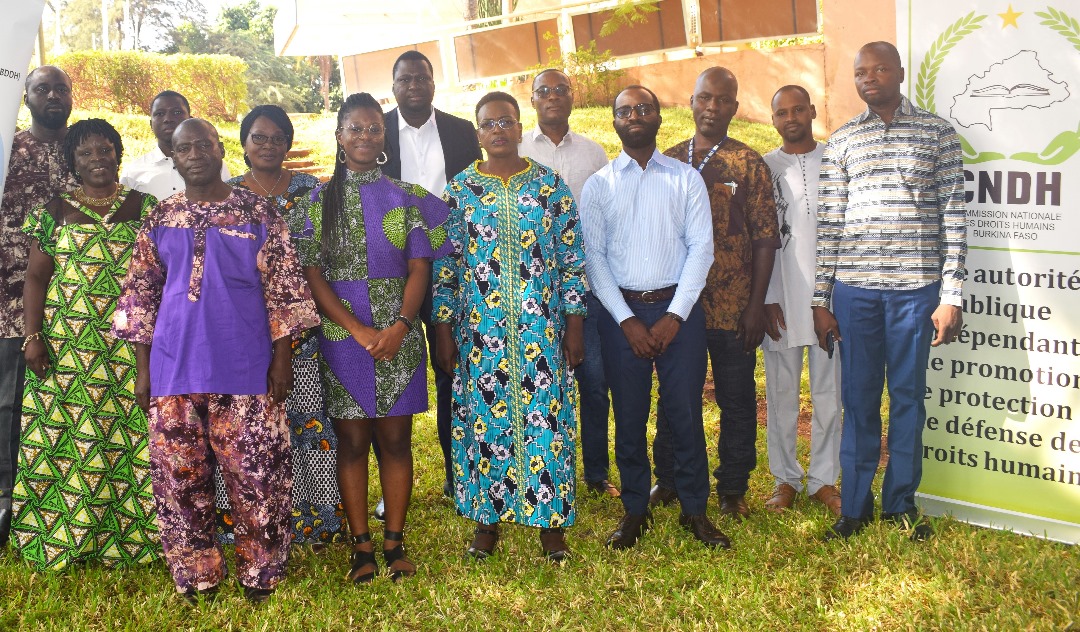Strategic consultation
The Burkina Faso National Human Rights Commission (CNDH), ISHR and the Burkinabe Coalition of human rights defenders co-hosted, from 21 to 22 November 2023, in Ouagadougou, a strategic consultation with the Mechanism for the Protection of Human Rights Defenders in Burkina Faso. Over 15 Mechanism members drawn from various civil society organisations, the CNDH and representatives of technical and financial partners attended the consultation. For two days, participants reviewed the state of implementation of the Burkina Faso Human Rights Defenders Law of 2017 and the performance, pitfalls, threats and opportunities ahead of the Mechanism. This review set the foundation for the members to develop an action plan for 2024 for the Mechanism to build its internal capacity and strengthen its external visibility to ensure it serves the defenders it is meant to protect to its full capacity.
Protection Mechanism
The Mechanism was established in 2020 on the heels of the National Forum for the Protection of Human Rights Defenders. It aims to strengthen the institutional protection of defenders and serve as the first institutional point of call for defenders in trouble. It is hosted by the CNDH whose role is to protect human rights defenders through its permanent sub-commission on civil and political rights. The Mechanism is, primarily, composed of representatives from diverse civil society organisations and has conducted many activities including legal assistance to defenders facing trials and the adoption of the Operating Procedure Manual for the Early Warning and Rapid Response System. However, the Mechanism remains unknown to most defenders, its members’ level of engagement needs to be improved and the Mechanism should be more responsive in cases of defenders’ rights violations.
Shrinking civic space and terrorism
Despite the existence of the Defenders Law of 2017 and the Mechanism, the continuous shrinking of the civic space and state responses to the growing insecurity caused, among others, by terrorism have adversely affected both the activities of defenders and the enjoyment of their rights. In her opening statement, the President of the CNDH echoed this sentiment.
The Decree No. 2023-0475/PRES-TRANS/PM/MDAC/MATDS/MJDHRI on General Mobilisation and Warning empowers the government to requisition persons, goods and services for military and security purposes and has been used to crack down on dissents including human rights defenders. The mere existence of this decree prompts defenders into self-censorship. Furthermore, in June 2022, two ‘zones of military interest’ were created in the northern part of the country. All human presence is prohibited to combat jihadist violence. Defenders’ movement and activities in this part have thus been affected.
2024 Action plan
With this context in mind, Burkina Faso needs a strong and effective Mechanism to stand by defenders. Florence Ouattara, Coordinator of the Burkinabe Coalition of Human Rights Defenders, believes it is important for the Mechanism to focus on actions and be reactive when defenders are in danger. She added that members of the Mechanism must take ownership of this very important institution otherwise the tools it has developed and the Defenders Law will remain mere paper tigers. To avoid this situation, participants developed the Mechanism Plan of Action for 2024. This plan pursues three objectives each with its activities. First, to ensure the appropriation of the texts establishing the protection mechanism for defenders and its tools. Second, to increase the visibility of the protection mechanism. Last, to overcome the inaction of the protection mechanism.




